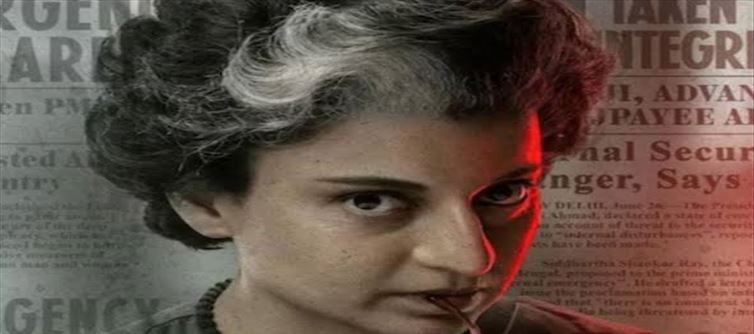
On the night of june 25, 1975, Indira Gandhi, then prime minister of india, made a decision that would forever alter the course of the country. With one stroke of a pen, she signed the Emergency order, suspending the fundamental rights of the citizens and plunging the nation into a state of political repression. The signature was quick, decisive, and without hesitation, marking a moment when democracy in india was suspended, and the rule of law was upended.
In that fateful moment, as the Emergency was declared, thousands of political opponents were arrested, the press was silenced, and the country’s civil liberties were stripped away. This move, executed with ruthless efficiency, allowed the government to rule by decree, bypassing democratic institutions and curbing freedoms.
It’s unsettling to consider that, decades later, there are still some who defend this draconian act. Defenders of Indira Gandhi's decision often cite her claim that the Emergency was necessary to restore order and save the nation from "chaos." They argue that the economic instability, rising political unrest, and the threat posed by opposition parties justified the extreme measures. Yet, the reality remains that it wasn’t just a battle against disorder; it was an assault on the very fabric of democratic governance.
The idea that a democratic leader can casually disregard the principles of justice and freedom for the sake of political survival should send chills down anyone’s spine. If such an act were to happen today, would we move on as easily? Would we brush it off as a necessary evil, or would we rise up in defiance, demanding accountability? The very fact that some are still willing to justify Indira Gandhi's actions suggests a disturbing complacency in the face of authoritarianism.
One can only imagine the uproar that would ensue if a leader in today’s india or anywhere else declared an Emergency. The outrage would be immediate, the condemnation widespread. Protests would erupt, international pressure would mount, and the act would be universally condemned. The difference between then and now, however, is that the democratic norms we cherish today are no longer as easily discarded. The collective memory of those who lived through the Emergency and the lessons of history act as a powerful safeguard against such abuses of power.
Indira Gandhi’s decision was not an isolated incident; it set a dangerous precedent for future leaders, showing that democracy could be suspended with minimal resistance. Those who defend her actions often overlook the fact that her political maneuvering cost the country dearly—lives were lost, freedoms were denied, and the very essence of India’s democratic values was jeopardized.
In conclusion, the signing of the Emergency order remains a defining moment in indian history, a stark reminder of how quickly democracy can be undermined by those in power. As we reflect on the past, it’s crucial to ask ourselves: would we allow such a betrayal of democracy today? Would we stand by and let history repeat itself? Let us not forget that the price of complacency is often the erosion of our freedoms.




 click and follow Indiaherald WhatsApp channel
click and follow Indiaherald WhatsApp channel